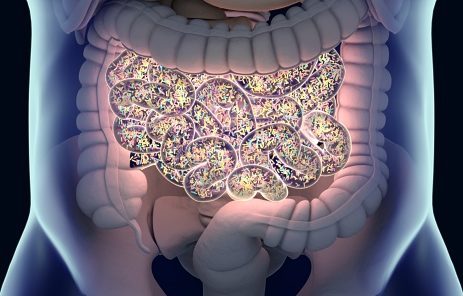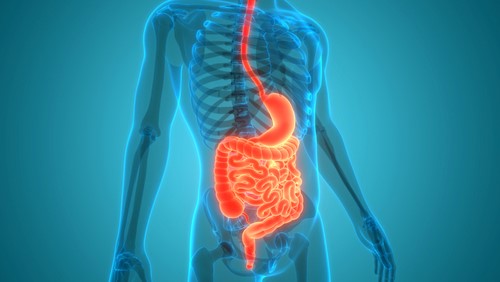Researchers investigated the relationship between the efficacy of probiotics and the baseline gut microbiota in diarrhea-predominant irritable bowel syndrome (IBS-D). Clinical data and fecal samples were collected before and after treatment, and 16S rRNA sequencing was performed to analyze the bacterial data. The results showed there were no significant differences in gut microbiota diversity, microbial phyla, and genera between healthy controls and IBS-D patients; however, the BE treatment improved IBS symptoms and stool consistency. Researchers concluded the baseline fecal microbiome is associated with the efficacy of BE in reducing abdominal pain and bloating in IBS-D, highlighting the potential of probiotics to modulate the gut microbiota and improve symptoms in IBS patients.
Reference: Hong G, Li Y, Yang M, Li G, et al. Baseline gut microbial profiles are associated with the efficacy of Bacillus subtilis and Enterococcus faecium in IBS-D. Scand J Gastroenterol. 2023 Apr;58(4):339-348. doi: 10.1080/00365521.2022.2136013. Epub 2022 Oct 25. PMID: 36281578.








